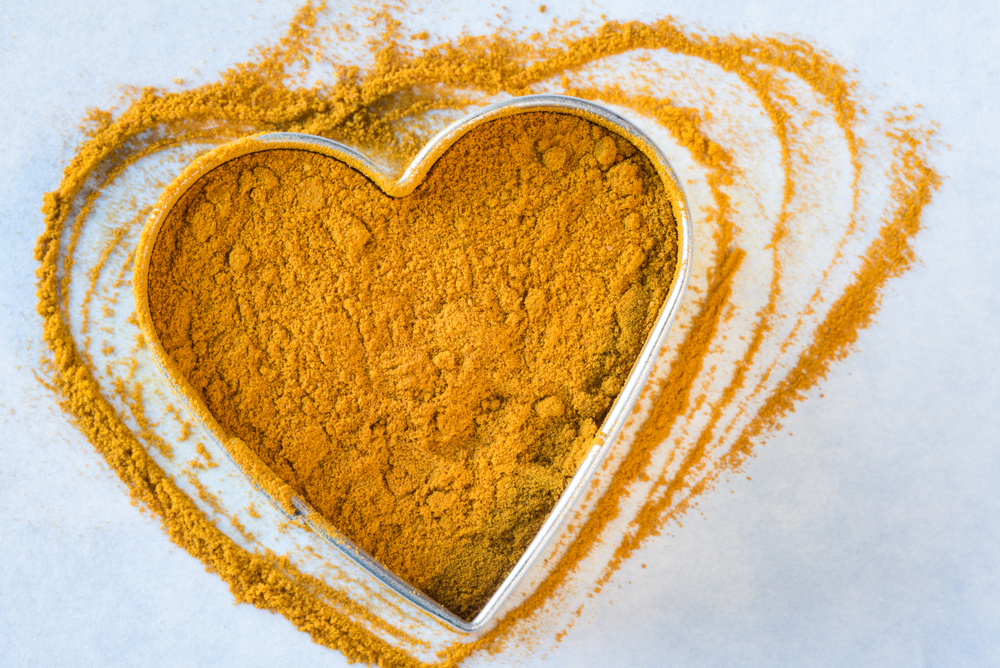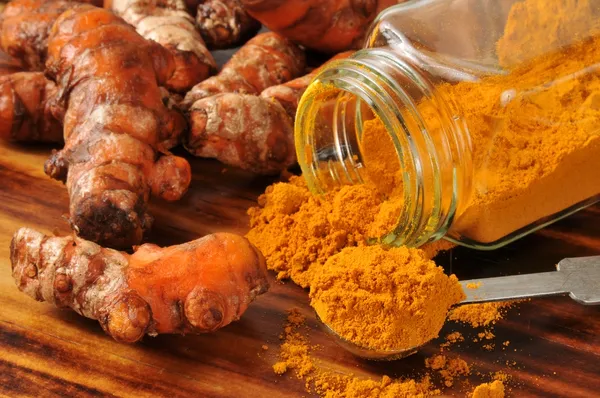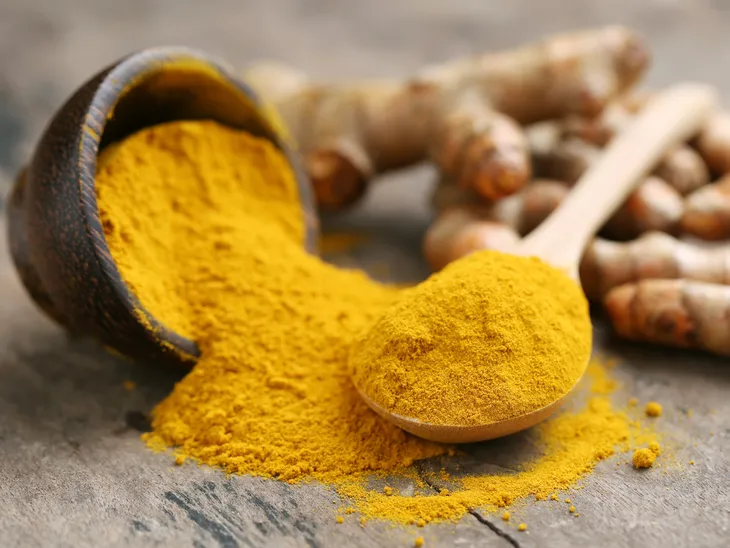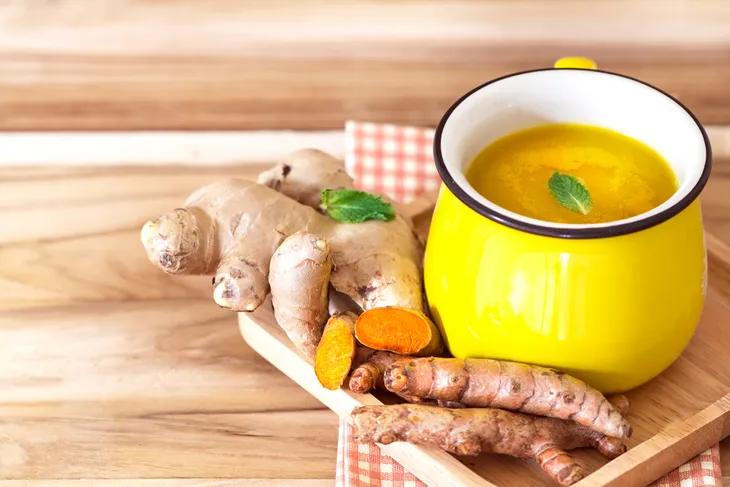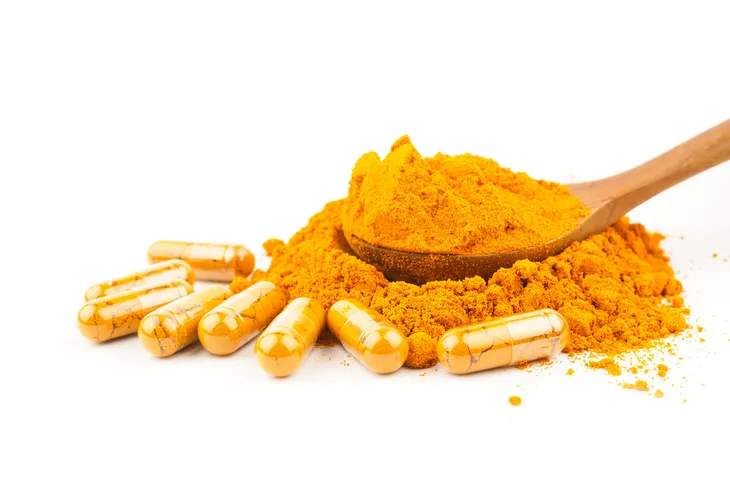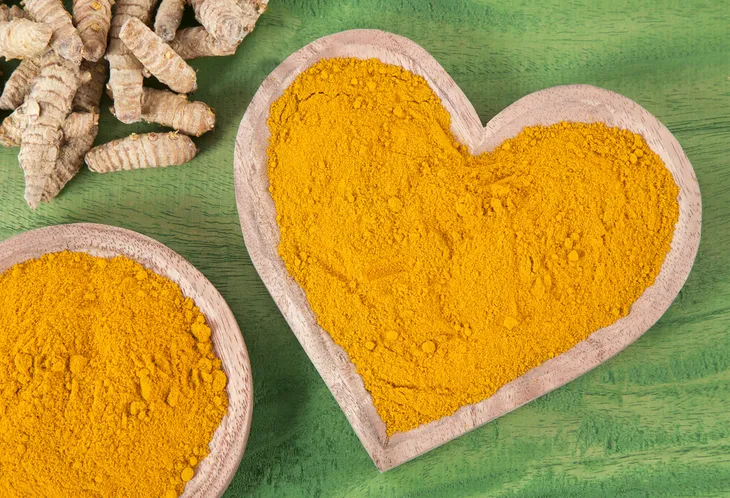If you’ve tried putting turmeric, the burnt orange colored spice ground from a root, then you’re seriously missing out. And that’s not just because turmeric has a rich flavor; although that’s significant, turmeric also offers significant medicinal qualities that could help you deal with a wide range of medical conditions in a natural way.
If you’re not familiar with it, turmeric has been used in Asia for centuries. Its bright hue makes it an ideal dye, but it’s mainly used in cooking, particularly in some of the subcontinent’s most flavorful curry dishes. It comes to us from the same general family as ginger root, which helps to explain some of its sweeter undertones. But how can turmeric do more than just boost the flavor of your next curry?
Reduces Stress
In today’s society, where we can be reached via a wide range of “connected” devices, from smartphones and tablets to traditional laptops and desktop computers, it can be hard to power down and de-stress. It’s simply getting much harder to escape the more stressful situations and environments, even when on vacation half a world from home.
That’s why it’s so important for individuals, and particularly those with mental or physical health conditions affected by stress, to target cortisol, popularly known as the stress hormone. Should cortisol levels get high enough, it could lead to a wide range of serious health issues, from depression and obesity to heart disease. Turmeric, which contains the active compound curcumin, has been shown to help lower cortisol levels, giving an individual an edge in the fight against stress.
Reduce Inflammation
Turmeric’s most valuable contribution, in a medical sense, is that it has proven anti-inflammatory properties. This means turmeric has the potential to help with a wide variety of medical issues, from arthritis to diabetes, cancer, even heart disease.
In fact, studies have shown that the active compound in turmeric, curcumin, had such anti-inflammatory capabilities that it could actually match the impact of many over-the-counter or prescription anti-inflammatory medications.
Antioxidants Galore
Unlike most spices of its kind, turmeric is also packed with antioxidants, which have been shown to help prevent free radicals from causing significant damage to our cells. At the center of this effort is curcumin, the active medicinal component in turmeric that also helps fight inflammation.
By providing the body with a full supply of antioxidants, turmeric could help boost an individual’s immune system and give them the tools they need to fight off an ailment. Other major sources of antioxidants include dark, leafy greens like kale and swiss chard and berries like blackberry, blueberry, and raspberry.
Prevents Mood Swings
Although findings in this area are not nearly as advanced as they are when it comes to examining turmeric’s antioxidant and anti-inflammatory properties, preliminary research does show that the bright orange spice can help regulate mood.
In fact, some research has shown that turmeric — and specifically the compound curcumin, which is found inside the spice — can have the same benefits of major antidepressants, such as fluoxetine. This may make turmeric and the dishes containing it, such as hot and spicy curries, a go-to meal for anyone struggling with the wintertime blues.
Helps the Skin
For many people, maintaining skin that looks and feels healthy is a constant battle. In an attempt to keep their skin looking youthful, many individuals turn to a wide range of creams and scrubs built to help remove dead skin and restore moisture.
The problem with this is simple: many of the best and most effective skin products are outlandishly expensive, to the point where many individuals who need them may not be able to afford purchasing them. Thankfully, there are many natural alternatives, and that includes the spice turmeric; the anti-inflammatory properties in it can help restore weathered skin and prevent skin from looking tired and old. So, the next time you’re in the market for a skincare product, look for natural creations containing turmeric.
Maintain Blood Sugar Balance
The number of North Americans struggling with diabetes, and specifically type 2 diabetes, increases each year — it’s a sign of the continent’s ongoing struggle with processed food and obesity. To help with this, many people will turn to medications designed to help keep their blood sugar levels in check.
But there are natural solutions to this issue, too. Specifically, turmeric has been shown to help lower blood-sugar levels, thereby combating insulin resistance and preventing some of the more serious medical conditions that can arise from diabetes. For best results, work turmeric into your meals or add a spoonful to a glass of water.
Limit Joint Pain
Arthritis is one of the most prevalent and painful medical conditions in the world today. For many individuals, and particularly older adults, joint pain caused by arthritis can prevent them from carrying out even the most basic of activities, from getting out of bed in the morning to walking up a flight of stairs. To help with this, many people turn to simple over-the-counter pain relievers.
But constantly paying for pain medication can be expensive and may have a negative impact on one’s health. That’s why it may be wise to try natural alternatives, including turmeric, which boasts noted anti-inflammatory properties through the compound curcumin. So effective is curcumin in limiting inflammation and joint pain that some studies have shown it has the same result as actual pain relief products.
Empowers the Immune System
Because it contains so many antioxidants, turmeric has the potential to detoxify the body and, in doing so, help boost the overall immune system. This can help an individual overcome nagging ailments and give them the boost they need to prevent infections, from the common head cold to something more serious and sinister.
For this reason, it’s important to add turmeric to as many meals as possible, particularly if you’ve been struggling to maintain a vibrant immune system in recent weeks or months. Don’t be afraid to add turmeric to any meal or just a simple tea.
Prevents Headaches
Chances are you know someone who struggles with headaches on a regular basis. Individuals in this situation may find it difficult to carry out even the most simple daily tasks while experiencing a painful headache, from cleaning the house to completing objectives at work.
Curcumin, the compound in turmeric that has been shown to help reduce inflammation, may be able to help prevent headaches and particularly migraine headaches. That’s because the anti-inflammatory properties within curcumin could help reduce pressure on the blood vessels in the brain.
Lower Cholesterol
As we get older, we begin to grapple with our chances of developing some of the more serious medical conditions, including heart disease and stroke. Our chances of experiencing these conditions often depends on family history; in other words, we are far more likely to have heart disease or stroke if it has affected our loved ones in the past.
But our diets and lifestyles also play a central role in determining how heart disease and stroke will affect our lives. Individuals who seek out foods that can effectively lower “bad” cholesterol, or LDL cholesterol, may have more success in keeping these conditions at arm’s length. Turmeric is one of those foods and has been shown to effectively fight bad cholesterol and help the liver remove toxins from the body. In fact, it may even play an important role in preventing the absorption of LDL cholesterol through the digestive process.
Aids Digestion
For many people, the digestive process presents a wide range of health issues that can make just getting through the day a major challenge. For example, individuals with irritable bowel syndrome, or IBS, constantly struggle with issues like gas, cramping, and nausea, with certain foods presenting consistent problems.
Turmeric may be able to help with this situation. That’s because research has shown it may be able to suppress feelings of bloatedness and cramping, which for some people can last for hours following a meal. Although more research needs to be performed in this area, for people with digestive issues it may be wise to explore adding turmeric to more of their meals.
Help Maintain Blood Pressure
Thanks to the anti-inflammatory properties of curcumin, a compound found within turmeric, this spice can play an active role in helping to maintain blood pressure levels. Specifically, turmeric can help relax the blood vessels, limiting the chance one will develop hypertension (or high blood pressure). In turn, this can significantly reduce the risk of heart disease by keeping the cardiovascular system operating as it should.
That said, anyone with serious heart health problems may want to discuss with their doctor the idea of adding turmeric to their diet in an effort to lower their blood pressure. Turmeric can also interact with medication so please discuss in detail with your doctor and dietitian to avoid food/drug interactions with turmeric, says registered dietitian, Julie Ching.
